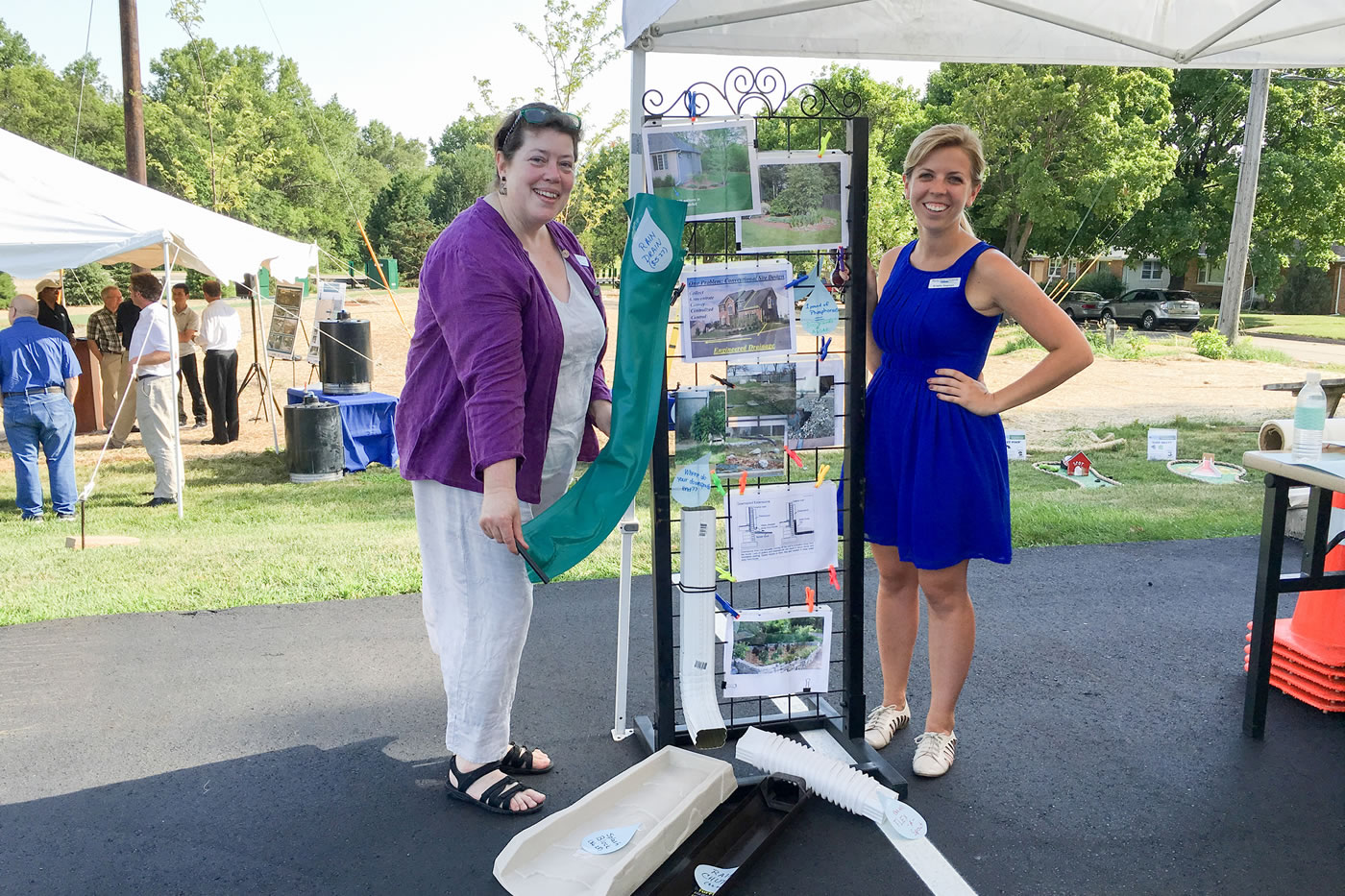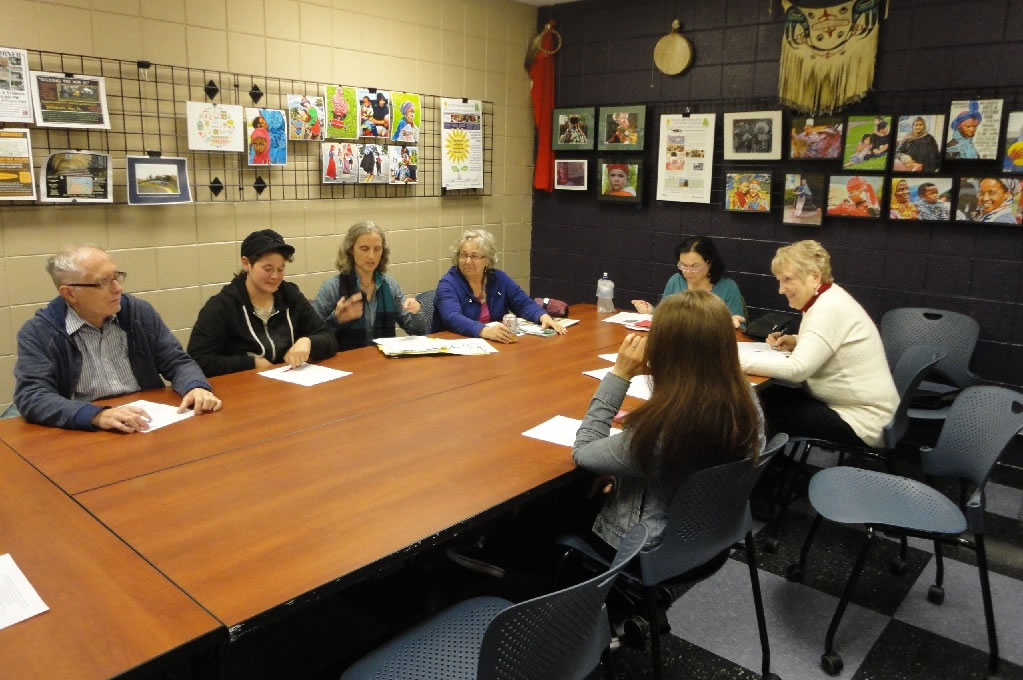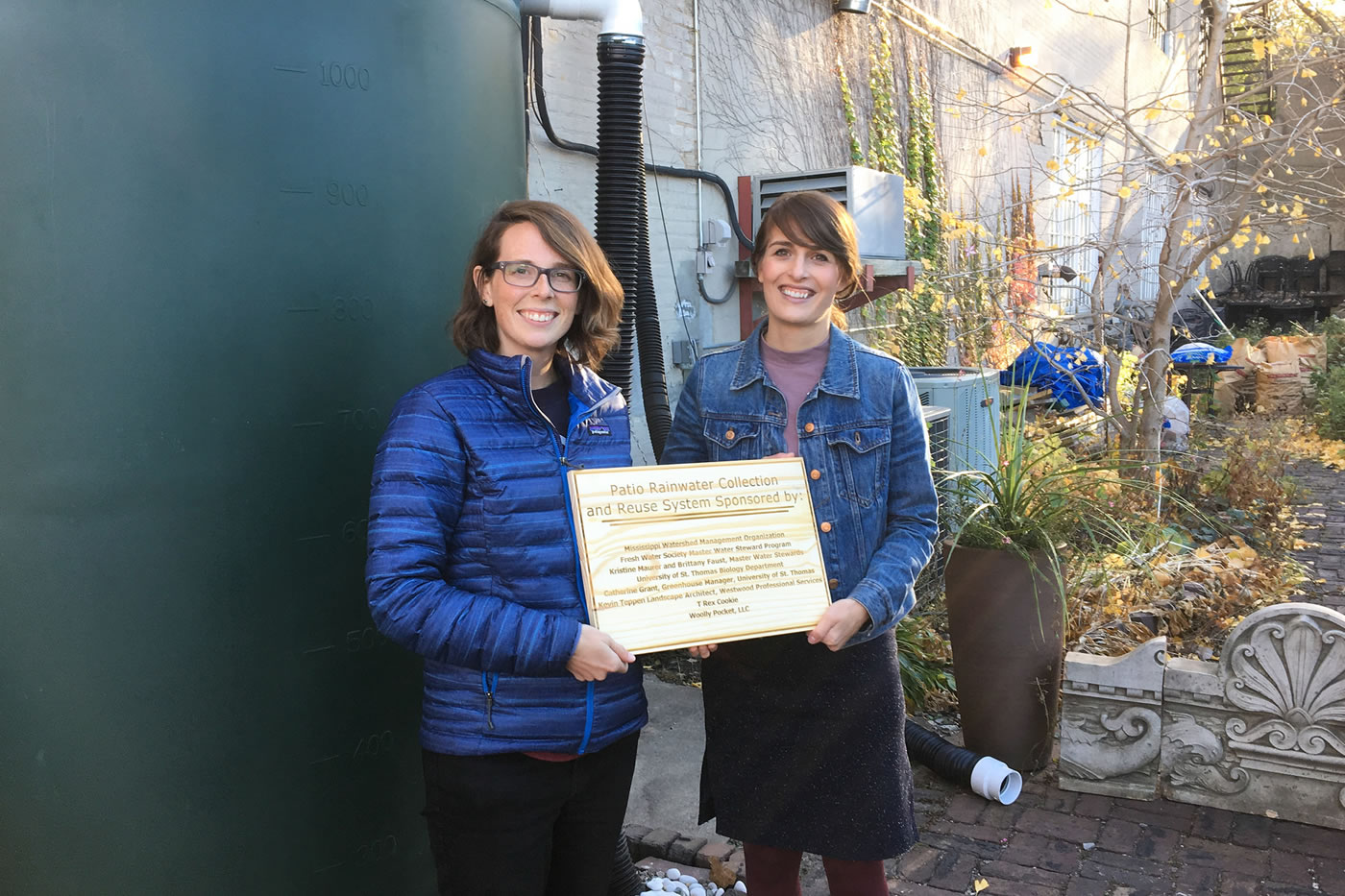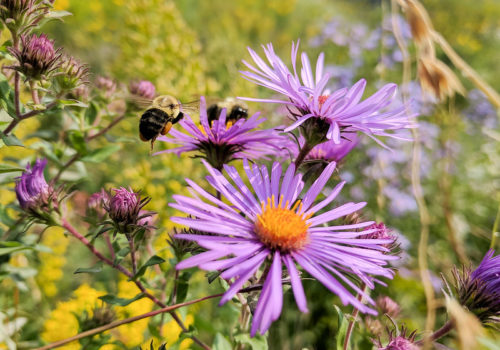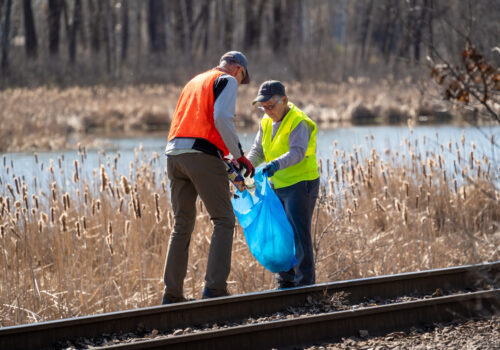News / December 21, 2016
Saluting Our First Class of Master Water Stewards
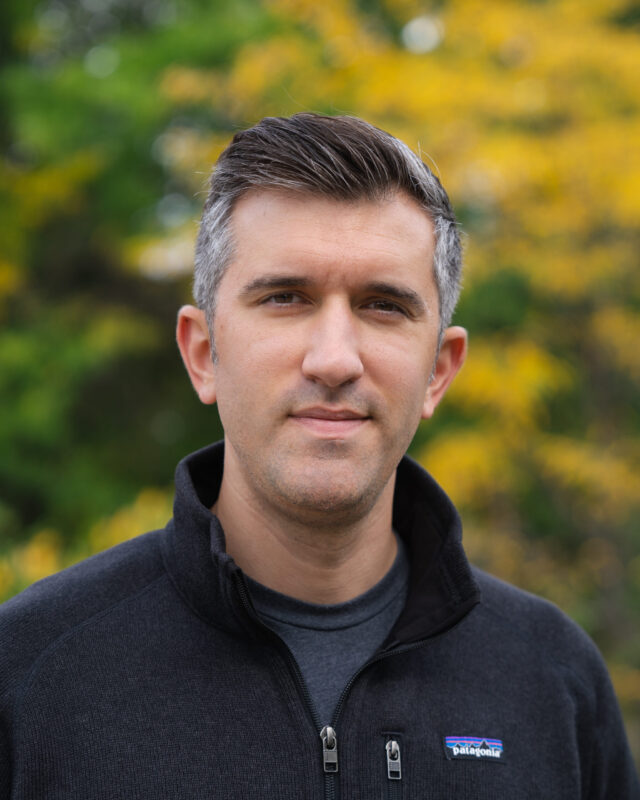

Last year, 14 people in our watershed volunteered for a program that would train them to be grassroots leaders for clean water. They spent the next several months studying hydrology, stormwater management, community engagement and a slew of related subjects. Finally, late this fall, they put their new knowledge to the test, designing and implementing a series of projects tackling real environmental problems in their communities.
Those 14 individuals comprise the MWMO’s first class of Master Water Stewards, and we’re proud to announce that as of this month, they have graduated from the program. They now join a growing vanguard of ordinary citizens who are leading the charge to protect our water quality.
“The Master Water Stewards Program is a great way to commit to your community and its water resources,” said newly certified Master Water Steward Kristin Seaman. “It gives us the tools to make a meaningful difference on whatever scale we choose to do so. I look forward to working on future projects and aiding the watershed along the way.”
The Master Water Stewards program is designed to equip citizens with the knowledge and skills they need to address water pollution in their communities. The Freshwater Society launched the program in 2013, modeling it after the successful Master Gardener program offered through many university extensions. A pilot project with the Minnehaha Creek Watershed District quickly spread, and as of 2017 a total of seven watersheds and one city have now joined the program.
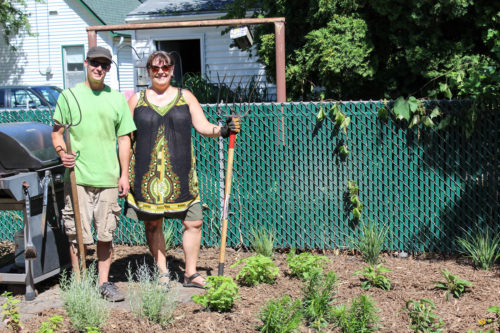
In a very short amount of time, Master Water Stewards have proven themselves invaluable as educators and community organizers. Nearly 150 people have graduated from the program. They conduct outreach to neighbors and businesses, develop innovative projects to manage stormwater runoff, and even serve as advocates for local environmental policy.
Columbia Heights Mayor-Elect Donna Schmitt, an MWMO commissioner, is among the newly graduated Master Water Stewards. She said she joined the program to gain a deeper understanding of how the things we do on land impact our water quality.
“My background is in education, and I really liked the educational piece of this. Every teacher brings in a new perspective, new thoughts, new ideas,” Schmitt said. “I also feel it’s a great way for people to understand what the MWMO goes through when we approve projects — the amount of thought that goes into protecting water quality.”
During the final portion of their training, each Master Water Steward must complete a capstone project, which includes both an in-ground stormwater management practice as well as community education through outreach. To date, our Master Water Stewards have implemented a total of six capstone projects. However, their work doesn’t end there; each new Master Water Steward is required to volunteer at least 50 hours in the first year after being certified and at least 25 hours per year thereafter.
The Freshwater Society estimates that altogether, Master Water Stewards’ projects already infiltrate more than a million gallons of stormwater runoff into the ground each year, helping to keep pollutants like phosphorus and sediment out of our waterbodies. More than 80 projects are completed or planned around the metro area, and stewards have served more than 2,600 volunteer hours since the program’s inception.
The MWMO would like to recognize the following individuals who have graduated from the Master Water Stewards program in 2016:
- Lennis Bentrud
- John Bly
- Brittany Faust
- John Holmberg
- Mary Holmberg
- Katherine Johannes
- Ian Lamers
- Kristine Maurer
- Liz Reiser
- Kristin Seaman
- Donna Schmitt
- Stephanie Small
- Erin Thomasson
- Curtis Wilson
For those who might be interested in becoming a Master Water Steward, the class of 2016–2017 is already underway, but more opportunities will be coming soon. You can check for updates on our Master Water Stewards page, or on the Master Water Stewards website.
